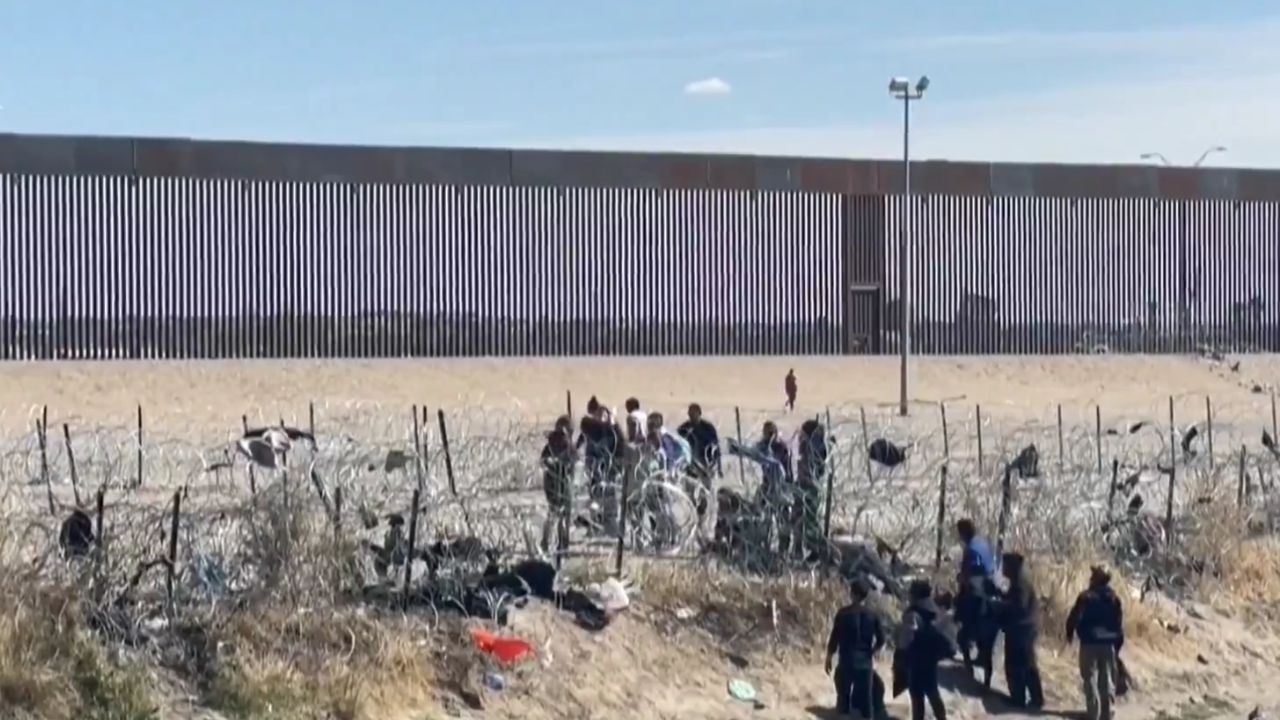DALLAS (Diya TV) — A federal appeals court has halted the enforcement of a Texas law that would empower state authorities to arrest individuals suspected of crossing the Texas-Mexico border illegally. This decision comes in the wake of a temporary allowance by the US Supreme Court for Senate Bill 4 (SB4) to take effect.
The Texas law, SB4, which would have enabled law enforcement to detain those unlawfully entering the country, faced a series of legal challenges. Initially permitted by the Supreme Court, the law’s enforcement was subsequently stopped by a federal appeals court, creating a state of flux at the border.
The back-and-forth legal maneuvers have left officials and observers perplexed. There was uncertainty about how the law would be implemented during the brief period it was in force. Additionally, immigrant rights groups and certain Mexican authorities voiced strong opposition to SB4.
The Biden administration has been vocal in its opposition to the law, arguing that it encroaches upon federal authority to regulate immigration. SB4, if enacted, would have criminalized illegal entry into the United States through Texas, empowering state judges to order deportation and assigning the task of ensuring compliance to Texas law enforcement.
Texas, however, contends that the law is a necessary response to the challenges posed by illegal immigration, citing a provision in the US Constitution that allows states to take action in the face of invasion.
The Supreme Court’s decision to allow SB4 to proceed was not accompanied by an explanation. Justices Barrett and Kavanaugh, however, noted that intervention from the Supreme Court might have been premature, as the matter was still pending before the 5th US Circuit Court of Appeals.
Despite the Supreme Court’s initial green light for SB4, the federal appeals court opted to maintain the injunction against its enforcement, highlighting the ongoing legal wrangling and uncertainty surrounding the law.
SB4’s potential enforcement has drawn criticism from various quarters, including the Mexican government, which has indicated its refusal to accept repatriations from Texas. Moreover, concerns have been raised about the law’s compatibility with federal immigration statutes and its potential impact on individuals’ rights.



